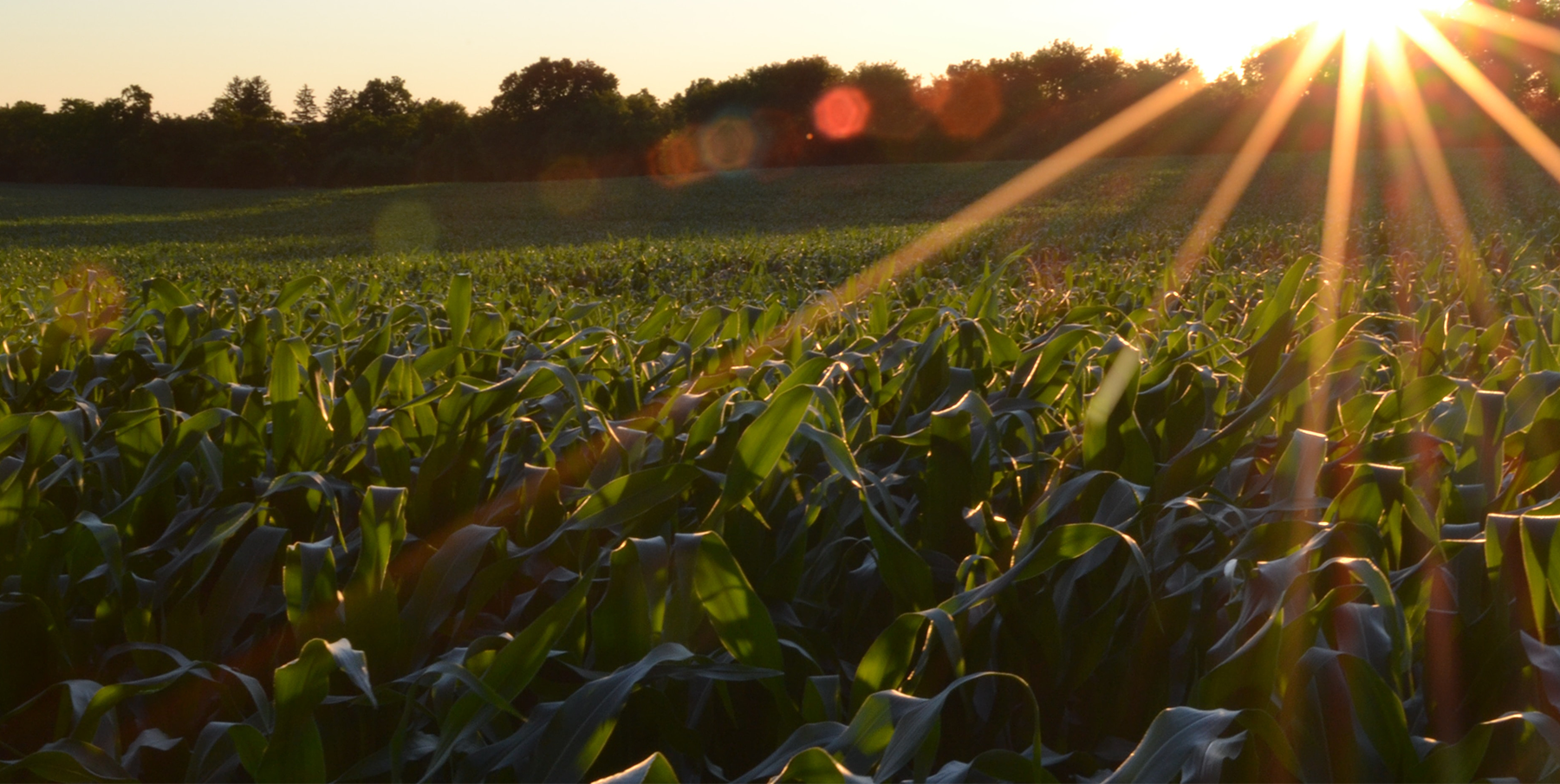FYI
From: Domestic Animal Diversity Network (DAD-Net) <DAD-Net@dgroups.org> On Behalf Of dad-net@fao.org
Sent: Tuesday, 12 July 2022 10:08
To: Domestic Animal Diversity Network (DAD-Net) <DAD-Net@dgroups.org>
Subject: [dad-net] Apimondia webinar on stingless bees
Webinar: Conservation of Stingless Bees for Food, Agriculture and Medicine
Stingless bees, known as meliponine or kiwot and kelulut in some Asian countries are now being cultivated for pollination services and production of valuable products such as honey, pollen and propolis. The honey from stingless bee has high nutritional and therapeutic properties (Pimentel, 2021). As a major producer of propolis, propagation of stingless bees becomes more profitable, as there is an emerging market for this product. Antibacterial and antifungal activity of propolis from a considerable diversity of meliponine has been evaluated (Sanches et al. 2017)
In tropical regions, native plants depend heavily on native species of social and solitary bees prior to the introduction of European bee Apis mellifera. Human activities are major threats to stingless bee and other native bee populations. Toledo-Hernandez et al. (2022) documented the impact of habitat loss, agrochemicals, competition for food resources, climate change, and the introduction of exotic species, including pathogens on the stingless bee population.
Register here for the webinar :
https://up-edu.zoom.us/meeting/register/tJIlcu6prDooHdKsP7vvhHRCTifBHBA…-?fbclid=IwAR1vgqIrUNfpbzufHXpfSLqjrmx9x2XwD64gtUdgGoZbkQdRU2kXcp2lfVw
Webinar FAO.png
From: Domestic Animal Diversity Network (DAD-Net) <DAD-Net@dgroups.org> On Behalf Of dad-net@fao.org
Sent: Tuesday, 12 July 2022 10:08
To: Domestic Animal Diversity Network (DAD-Net) <DAD-Net@dgroups.org>
Subject: [dad-net] Apimondia webinar on stingless bees
Webinar: Conservation of Stingless Bees for Food, Agriculture and Medicine
Stingless bees, known as meliponine or kiwot and kelulut in some Asian countries are now being cultivated for pollination services and production of valuable products such as honey, pollen and propolis. The honey from stingless bee has high nutritional and therapeutic properties (Pimentel, 2021). As a major producer of propolis, propagation of stingless bees becomes more profitable, as there is an emerging market for this product. Antibacterial and antifungal activity of propolis from a considerable diversity of meliponine has been evaluated (Sanches et al. 2017)
In tropical regions, native plants depend heavily on native species of social and solitary bees prior to the introduction of European bee Apis mellifera. Human activities are major threats to stingless bee and other native bee populations. Toledo-Hernandez et al. (2022) documented the impact of habitat loss, agrochemicals, competition for food resources, climate change, and the introduction of exotic species, including pathogens on the stingless bee population.
Register here for the webinar :
https://up-edu.zoom.us/meeting/register/tJIlcu6prDooHdKsP7vvhHRCTifBHBA…-?fbclid=IwAR1vgqIrUNfpbzufHXpfSLqjrmx9x2XwD64gtUdgGoZbkQdRU2kXcp2lfVw
Attachments
Webinar FAO.png






